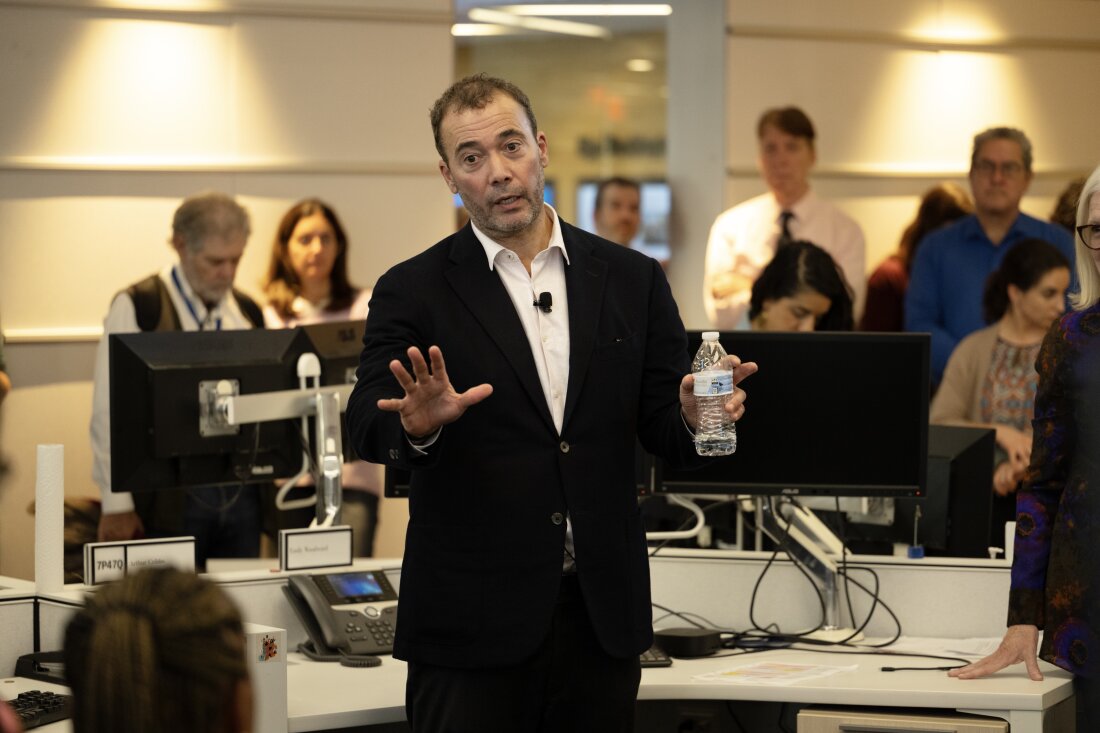Driving Toward Employment: New Initiatives to Alleviate Worklessness
In an innovative effort to tackle the growing issue of worklessness, care providers across the UK are stepping up with a compelling initiative: subsidized driving lessons for the unemployed. This initiative, launched through a new coalition, seeks to not only provide access to driving but also support a workforce in crisis, particularly within the health and social care sector.
Subsidized lessons aimed at the unemployed
Addressing the Worklessness Crisis
According to reports, Britain is currently grappling with a staggering 9.4 million “missing workers,” individuals who are economically inactive and could potentially step back into the workforce. With the health and social care sector urgently needing to fill 131,000 vacancies — a number projected to swell to 1 million in the next 15 years — this initiative is crucial. The introduction of driving lesson discounts is a strategic response to these gaps, and aims to empower individuals to engage in meaningful employment.
Cera’s Commitment to Reintegration
Cera, a prominent player in home healthcare, has set ambitious targets as part of this initiative. The organization aims to ensure that 10% of new recruits are individuals returning to work after a period of inactivity. As part of the strategy, Cera will roll out various mobility schemes that support transportation for those seeking care roles, highlighting the company’s commitment to workforce reintegration.
Driving as a Barrier
Research indicates that a considerable number of potential care workers face logistical barriers to employment, primarily their inability to drive. By offering subsidized driving lessons, this coalition is addressing a key issue, granting individuals access to reliable transportation and significantly improving their prospects for employment in the care sector. As a partner, Cera will collaborate with government schemes to identify potential candidates and provide them with the necessary support.
Addressing workforce shortages in care
Essential Training and Skill Development
Apart from driving lessons, Cera is also dedicated to equipping economically inactive individuals with essential digital skills required in modern healthcare. The company currently facilitates over 2 million home healthcare visits monthly, underscoring its pivotal role in the sector. By prioritizing training in tech and practical skills, Cera is addressing both immediate and long-term needs within the healthcare industry.
Voices from the Sector
Dr. Ben Maruthappu, CEO of Cera, emphasized, > “Tackling economic inactivity is vital, not only for individuals but also for rebuilding our healthcare system.” This sentiment echoes the urgent need for fresh talent in the health and social care fields.
Oonagh Smyth, CEO of Skills for Care, noted the significance of filling the 131,000 vacancies, presenting a rare opportunity for individuals to start fulfilling careers in a sector that desperately needs dedicated workers.
Conclusion
The coalition aiming to provide subsidized driving lessons for the unemployed is a proactive step towards alleviating worklessness and filling significant gaps in the health and social care sector. By combining subsidized training with support services, this initiative promises to enhance the job readiness of many individuals, who will subsequently play a crucial role in reshaping the future of care in the UK.
Subsidized training: a step toward a stronger workforce


 Photo by
Photo by 










